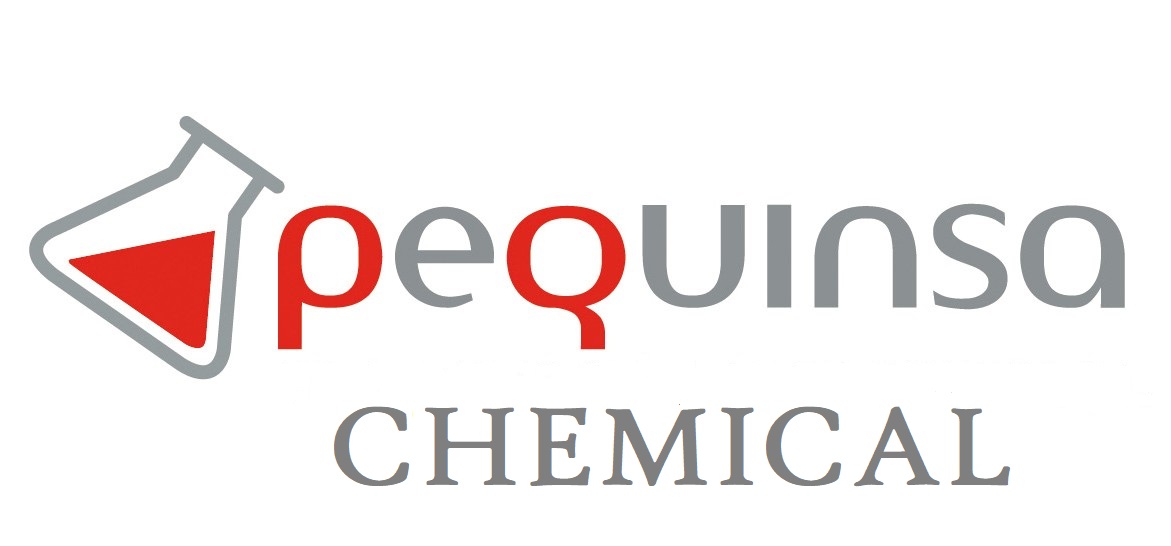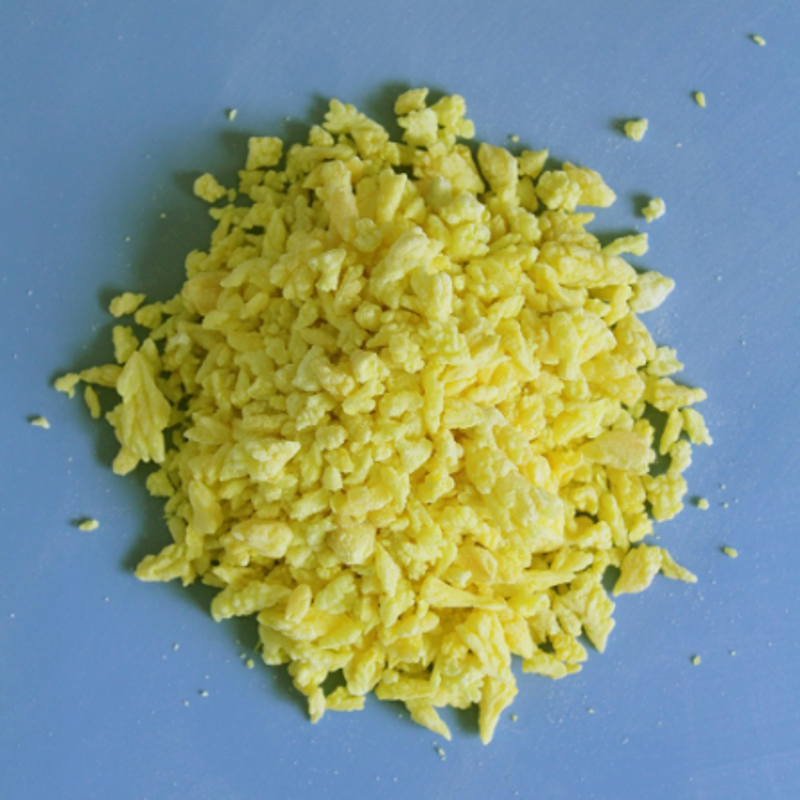-
Categories
-
Pharmaceutical Intermediates
-
Active Pharmaceutical Ingredients
-
Food Additives
- Industrial Coatings
- Agrochemicals
- Dyes and Pigments
- Surfactant
- Flavors and Fragrances
- Chemical Reagents
- Catalyst and Auxiliary
- Natural Products
- Inorganic Chemistry
-
Organic Chemistry
-
Biochemical Engineering
- Analytical Chemistry
-
Cosmetic Ingredient
- Water Treatment Chemical
-
Pharmaceutical Intermediates
Promotion
ECHEMI Mall
Wholesale
Weekly Price
Exhibition
News
-
Trade Service
Mucins are a group of high molecular weight glycoproteins that are widely distributed in the body, where they play a crucial role in protecting mucosal surfaces from physical and chemical insults.
In the chemical industry, mucins are increasingly being recognized for their potential use as protective agents against chemical hazards.
However, it is important to evaluate the safety of these compounds before they can be used in a real-world setting.
In this article, we will discuss the safety of mucins, specifically gastric mucins, and their potential use as protectants in the chemical industry.
One of the most important considerations when evaluating the safety of mucins is their toxicity.
Studies have shown that mucins are generally well-tolerated and safe when administered to animals, and they do not have any significant adverse effects on the health of the animals.
In addition, mucins have been shown to have low toxicity in humans, and they are considered to be generally safe when used topically or orally.
Another important consideration is the reactivity of mucins.
Mucins are known to be reactive to various chemicals, including strong acids and oxidizing agents.
However, studies have shown that they are resistant to most organic solvents, which are commonly used in the chemical industry.
This suggests that mucins may be effective protectants against chemical hazards in this environment.
The efficacy of mucins as protectants against chemical hazards has been studied in a number of different settings.
For example, studies have shown that mucins can effectively protect against corrosive agents, such as hydrochloric acid and sulfuric acid, and against oxidizing agents, such as potassium permanganate and sodium hypochlorite.
In addition, mucins have been shown to be effective against a number of other chemical hazards, including bleach and detergents.
Another important consideration when evaluating the safety of mucins is their effect on human health.
Studies have shown that mucins are safe for use in humans and do not have any adverse effects on health.
In addition, mucins have been shown to have a low order of acute toxicity, and they are not expected to cause any significant harm to human health.
Overall, the safety of mucins, especially gastric mucins, is well established, and they are considered to be safe when used as protectants in the chemical industry.
However, it is important to continue to monitor the safety of these compounds and to conduct further research to evaluate their effectiveness in real-world settings.
In conclusion, mucins, especially gastric mucins, are safe for use as protectants in the chemical industry.
They are effective against a wide range of chemical hazards and are generally well-tolerated by humans.
However, it is important to continue to monitor the safety of these compounds and to conduct further research to evaluate their effectiveness in real-world settings.







